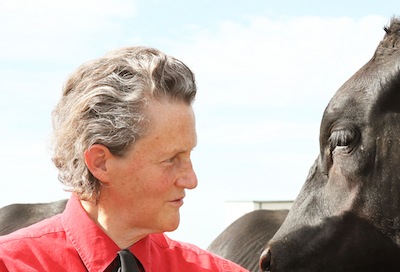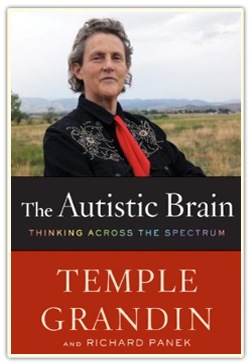Temple Grandin Share Practical Advice (BSP 99)
/ photo by Rosalie WinwardLast month in BSP 98 I reviewed Temple Grandin's latest book The Autistic Brain: Thinking Across the Spectrum. That podcast focused on the current science, but this month's follow up interview (BSP 99) is a little different. It focuses on Dr. Grandin's practical advice for living with autism. Besides emphasizing the need for more research into the sensory problems that are common in autism and applying the recent discoveries about brain plasticity. Dr. Grandin believes very strongly in nurturing strengths while accommodating weaknesses. She said that it is very important that "we accommadate weaknesses in a way that is enabling." She is particularly worried that many young people are not being taught the social skills they need to succeed in a work environment, even thought they have valuable talents to contribute.
photo by Rosalie WinwardLast month in BSP 98 I reviewed Temple Grandin's latest book The Autistic Brain: Thinking Across the Spectrum. That podcast focused on the current science, but this month's follow up interview (BSP 99) is a little different. It focuses on Dr. Grandin's practical advice for living with autism. Besides emphasizing the need for more research into the sensory problems that are common in autism and applying the recent discoveries about brain plasticity. Dr. Grandin believes very strongly in nurturing strengths while accommodating weaknesses. She said that it is very important that "we accommadate weaknesses in a way that is enabling." She is particularly worried that many young people are not being taught the social skills they need to succeed in a work environment, even thought they have valuable talents to contribute.
In my opinion, Dr. Grandin's advice carries extra weight because her personal example shows how an autistic person can make a unique contribution if given extensive training and support.
Listen to Dr. Grandin's interview.
Visit Brain Science Podcast website for full show notes and a free episode Transcript.


